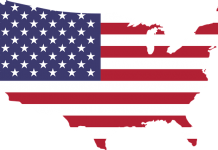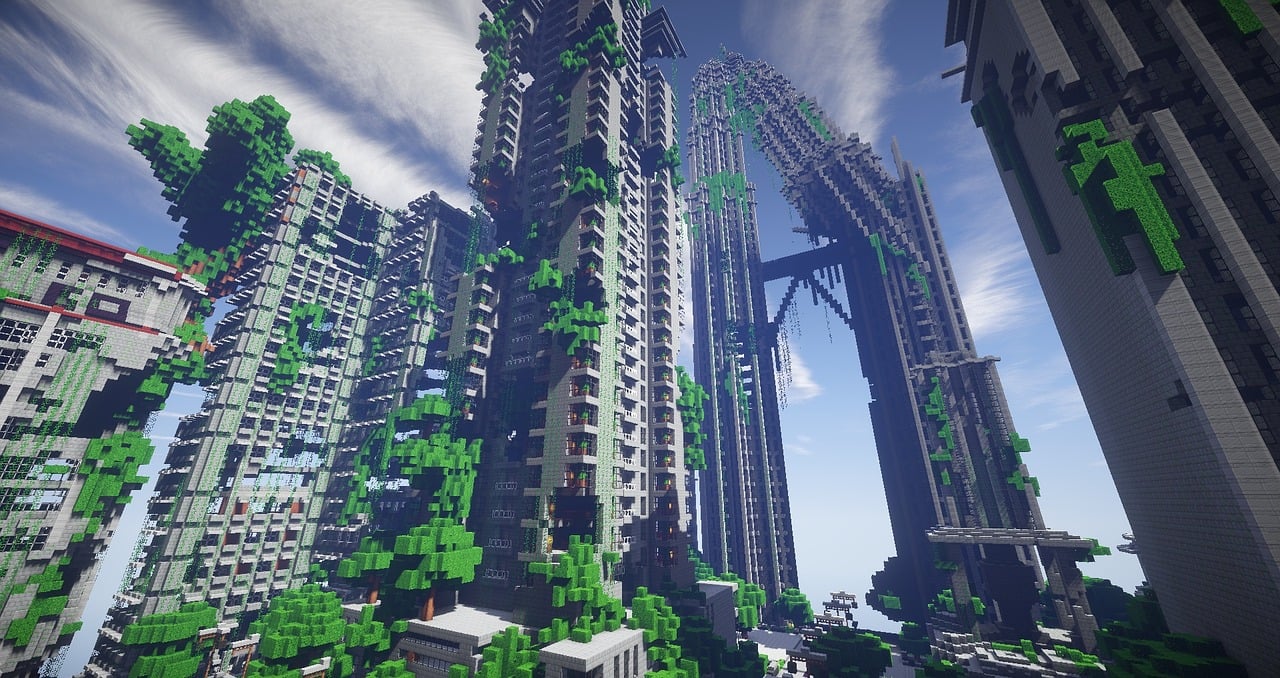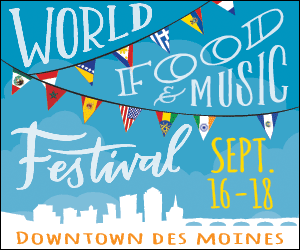Minecraft has evolved from a simple mining and crafting game into a platform for limitless creativity, largely due to its passionate modding community. Mods, or modifications, are changes or additions to the game that can transform gameplay, visuals, mechanics, and more. Let’s explore how this community has shaped the Minecraft experience and continues to push the boundaries of this digital canvas.
The Early Days of Modding
When Minecraft unblocked first graced computer screens, it was a novel concept with basic mechanics. However, the game’s open-ended nature quickly inspired a wave of player-generated content. Early mods were simple, often providing basic quality-of-life improvements or aesthetic changes. But even in these initial stages, it became clear that modding was going to be integral to the game’s longevity. As the modding tools and documentation improved, so too did the complexity and variety of mods available.
The Rise of Mod Packs and Customization
As individual mods grew in popularity, the community saw the potential in combining these mods to create entirely new gameplay experiences. Mod packs began to emerge, bundling together compatible mods that offered a cohesive theme or aim, such as enhancing the game’s technology, exploring magic, or overhauling survival elements. These packs not only made it easier for players to customize their game but also allowed less tech-savvy users to join in on the fun. Platforms like CurseForge and Technic made sharing and installing these packs a breeze, fostering a more inclusive modding environment.
Modding and Community Collaboration
Collaboration is a cornerstone of the Minecraft modding community. Forums and social media platforms have become hotbeds for sharing ideas, seeking assistance, and collaborating on projects. This camaraderie has led to some of the most ambitious mods to date, like those that introduce new dimensions or that incorporate complex machinery and energy systems. The community’s collaborative spirit has also given rise to comprehensive modding APIs like Forge, which standardize mod development and ensure compatibility, further fueling creativity and innovation.
Impacts on Gaming and Beyond
The modding community has not only transformed Minecraft; it has had a ripple effect on the gaming industry as a whole. Many modders have gained recognition for their work, with some even joining the ranks of professional game development. Moreover, mods have served as proving grounds for new ideas that could influence future games. The Minecraft modding scene has also inspired educational initiatives, using mod creation as a means to teach coding, game design, and problem-solving skills.
Minecraft’s modding community represents the epitome of player-driven content creation. From the humble beginnings of tweaking gameplay to the development of vast new worlds and systems, modders have played a pivotal role in the game’s evolution. As Minecraft continues to grow and change, one thing remains certain: the modding community will be there, pickaxes in hand, ready to carve out the next chapter in this digital adventure.













